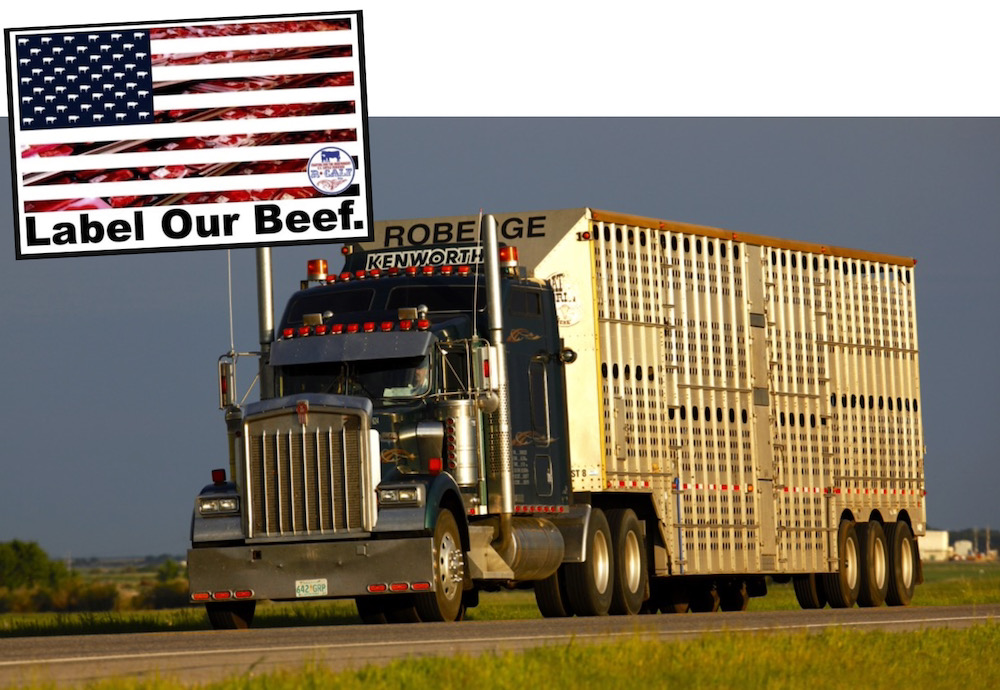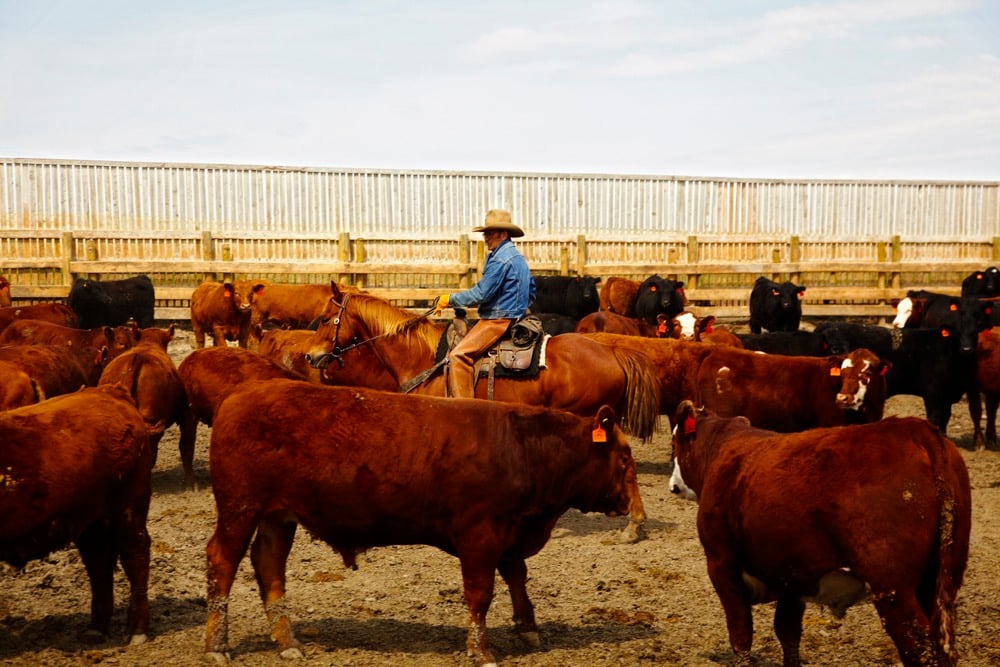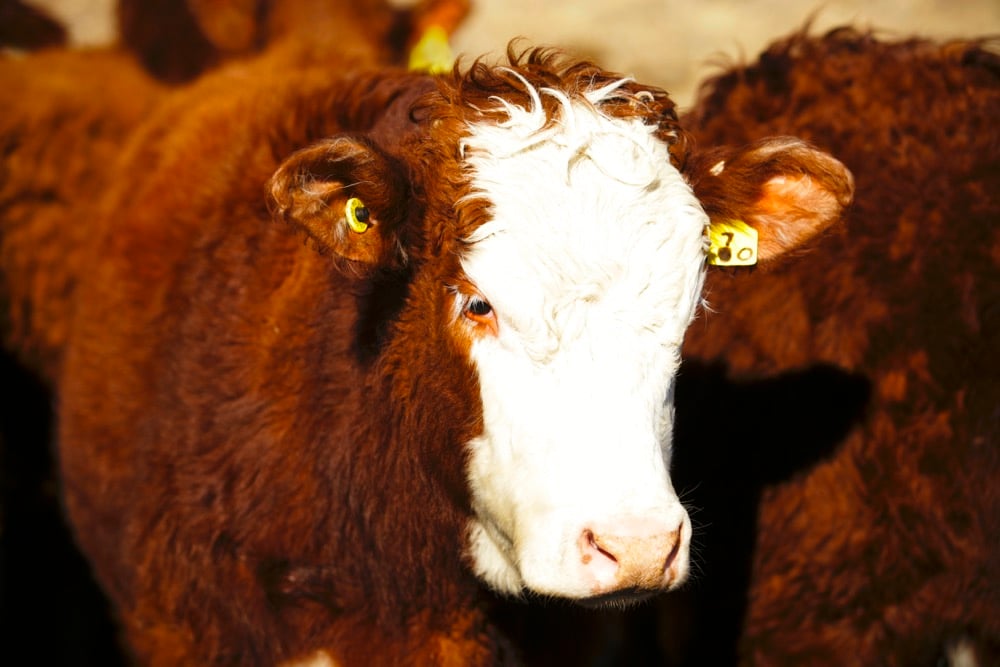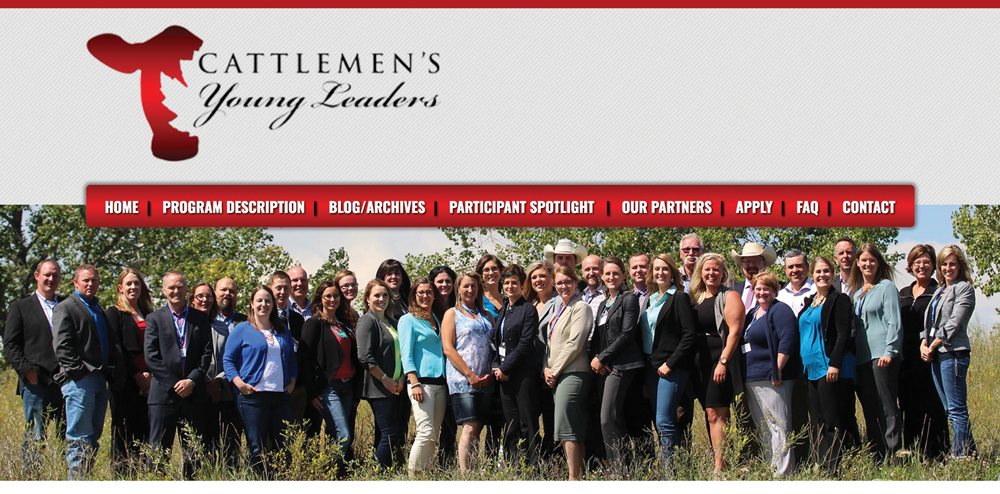American cattle producers are just as happy about the demise of the country-of-origin labelling law and the Trans-Pacific Partnership trade deal as their Canadian counterparts.
That’s the take of Alberta Beef Producers (ABP) after its executive and executive director attended the annual convention of the National Cattlemen’s Beef Association in California last month.
“We were happy to see that the U.S. producers are just as enthused about the repeal of COOL and the signing of the TPP agreement as we are in Canada,” ABP said in a recent Grass Routes e-newsletter.
Read Also

Horns aren’t unlocking anytime soon on livestock transport standards
Standards good enough meet the definition of “humane” animal transportation still vary widely between what what industry wants, what animal rights advocates want and, between the two, what federal regulators decide is good enough.
“There have been times in the past when Canadian and U.S. producers were not always on the same side of important issues and it was gratifying for Canadian producers to be recognized as allies on COOL and TPP.”
One presenter at the conference said complying with the labelling law, which was repealed by Congress in December, would have cost the U.S. cattle sector $10 to $12 per cwt.
American cattle producers are already suffering from a “supply shock” caused by major increases in beef, pork, and poultry production last year coupled with the high U.S. dollar.
“The U.S. cow herd expansion is in full swing and this will keep protein supplies growing and prices declining,” said Grass Routes.
“The price predictions for cattle this year are much lower than the record levels in 2014 and 2015, but are still higher than the strong prices in 2013 and much higher than the prices in the 2000-09 decade.















